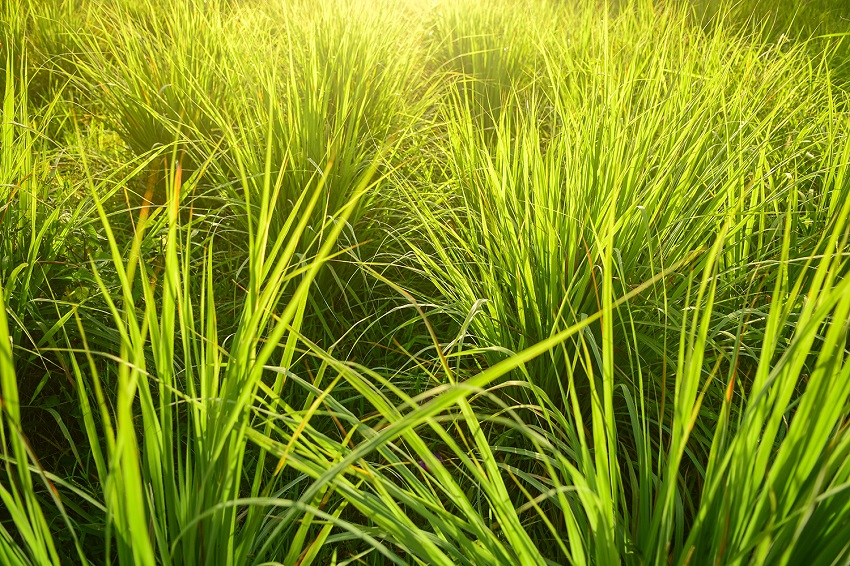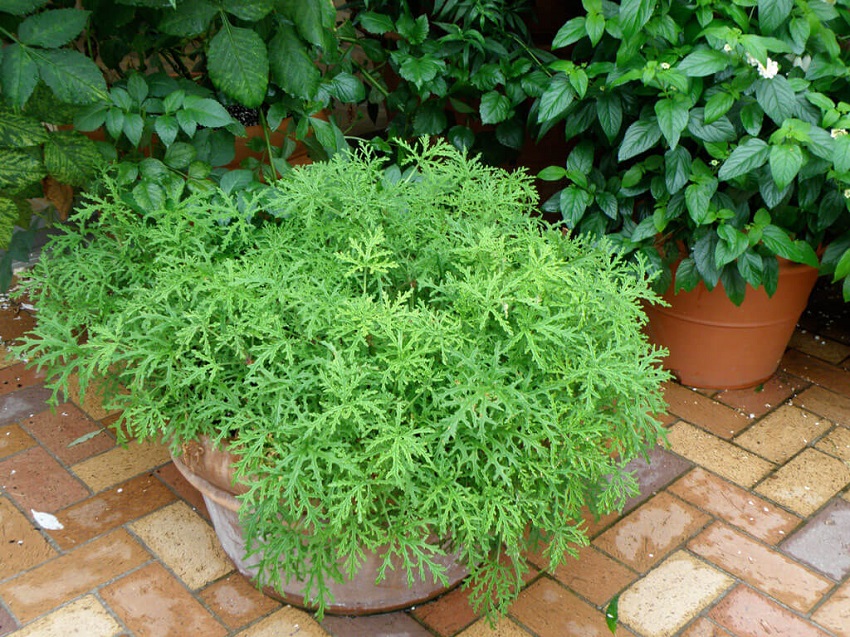If you’ve ever been outdoors on a warm summer evening, you probably know how bothersome mosquitoes can be. The irritating buzz and itchy bites can quickly turn a pleasant experience into an uncomfortable one. To combat these pesky insects, many people turn to citronella, a popular natural repellent. But have you ever wondered about the connection between citronella and lemongrass? In this article, we’ll delve into the world of lemongrass and citronella, exploring their similarities, differences, and their effectiveness in repelling mosquitoes. This article is provided by xworld.org
What is Lemongrass?
Lemongrass, scientifically known as Cymbopogon, is a tropical plant that belongs to the grass family. It’s famous for its strong, citrusy aroma, which gives it its name. This fragrant plant is commonly used in culinary dishes, teas, and aromatherapy due to its refreshing and calming scent. However, beyond its culinary and aromatic uses, lemongrass has gained attention for its potential insect-repelling properties.
Lemongrass and Mosquitoes
While lemongrass has a pleasant scent to humans, mosquitoes and other insects find it repulsive. The essential oil extracted from lemongrass contains citral and geraniol, compounds that act as natural repellents. These compounds can interfere with the insects’ ability to detect carbon dioxide and lactic acid, which are signals that lead mosquitoes to their prey. Check out the citronella candles.
Lemongrass oil is often used in natural mosquito repellents, candles, and lotions to provide a safer alternative to chemical-based products. Additionally, lemongrass plants can be grown in gardens and around outdoor spaces to help reduce mosquito populations naturally.
How to Use Lemongrass for Mosquito Repellent
To harness the mosquito-repelling benefits of lemongrass, you can follow these simple steps:
- Lemongrass Essential Oil: Mix a few drops of lemongrass essential oil with a carrier oil, such as coconut or almond oil, and apply it to your skin before going outdoors.
- Lemongrass Candles: Burn lemongrass-scented candles on your patio or outdoor area to create a mosquito-free zone.
- Lemongrass Spray: Create a homemade mosquito spray by mixing lemongrass oil with water and a bit of witch hazel in a spray bottle. Apply the mixture to your skin as needed.
What is Citronella?
Now that we understand the potential mosquito-repelling properties of lemongrass, let’s explore citronella and its role as a natural insect repellent.
Citronella is a type of grass that belongs to the Cymbopogon genus, just like lemongrass. There are two primary varieties of citronella – Cymbopogon nardus and Cymbopogon winterianus – both of which are known for their strong, lemony scent. The essential oil extracted from citronella grass contains citronellal and geraniol, which are effective at keeping mosquitoes and other insects at bay.
Citronella Candles and Mosquito Repellency
One of the most common ways people use citronella as a mosquito repellent is through citronella candles. These candles are made by combining citronella oil with wax, creating a pleasant-smelling, mosquito-repelling ambiance. When burned outdoors, citronella candles release the essential oil into the air, forming a protective barrier against mosquitoes.
It’s important to note that while citronella candles can be helpful in reducing mosquito bites, they might not be as effective as some chemical-based mosquito repellents. However, for individuals who prefer natural alternatives or have sensitivities to conventional repellents, citronella candles can be a valuable option.
Citronella Plants for Your Garden
Aside from citronella candles, you can also incorporate citronella plants into your garden to deter mosquitoes. The potted plants or planted garden beds can help keep mosquitoes away from outdoor seating areas, providing a natural and aesthetically pleasing solution.
Lemongrass vs. Citronella: Are They the Same?
Given that both lemongrass and citronella belong to the same botanical genus (Cymbopogon), it’s common for people to wonder if they are the same plant. However, they are distinct species with some notable differences:
- Appearance: Lemongrass typically has tall, slender green stalks and resembles regular grass, while citronella has thicker, reddish-brown stems.
- Aroma: While both plants have a citrusy fragrance, the scent of lemongrass is milder and sweeter compared to the strong lemon aroma of citronella.
- Chemical Composition: Although both lemongrass and citronella oils contain citral and geraniol, the proportions of these compounds can vary between the two plants.
- Uses: Lemongrass is widely used in culinary applications and aromatherapy, while citronella is primarily employed for its insect-repelling properties.
How Effective are Lemongrass and Citronella in Repelling Mosquitoes?
The effectiveness of lemongrass and citronella as mosquito repellents can vary depending on factors such as the concentration of essential oils used, the individual’s body chemistry, and the mosquito species in the area. Some people may find lemongrass or citronella-based products to be highly effective, while others may require additional protection, especially in areas with a high mosquito population.
It’s essential to remember that natural mosquito repellents typically need to be reapplied more frequently than chemical-based ones. Therefore, regular application and using a combination of different mosquito-repelling methods can enhance their overall effectiveness.
In conclusion, both lemongrass and citronella have the potential to act as natural mosquito repellents. Their distinct citrusy aromas come from the same botanical family, making them effective at deterring mosquitoes and other insects. Whether you choose to use lemongrass essential oil, citronella candles, or incorporate the plants into your garden, these natural solutions can contribute to a more mosquito-free outdoor experience.




